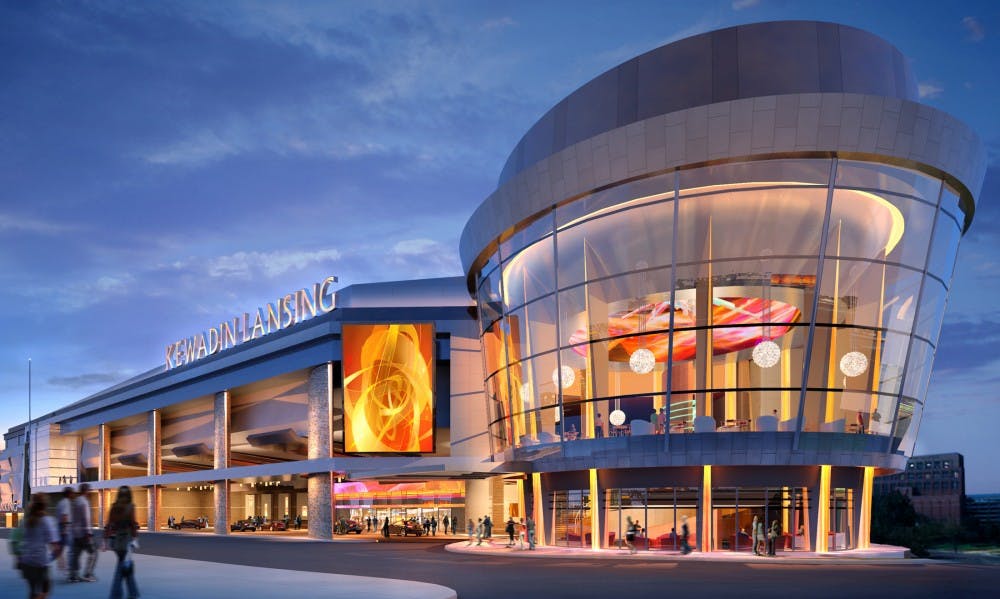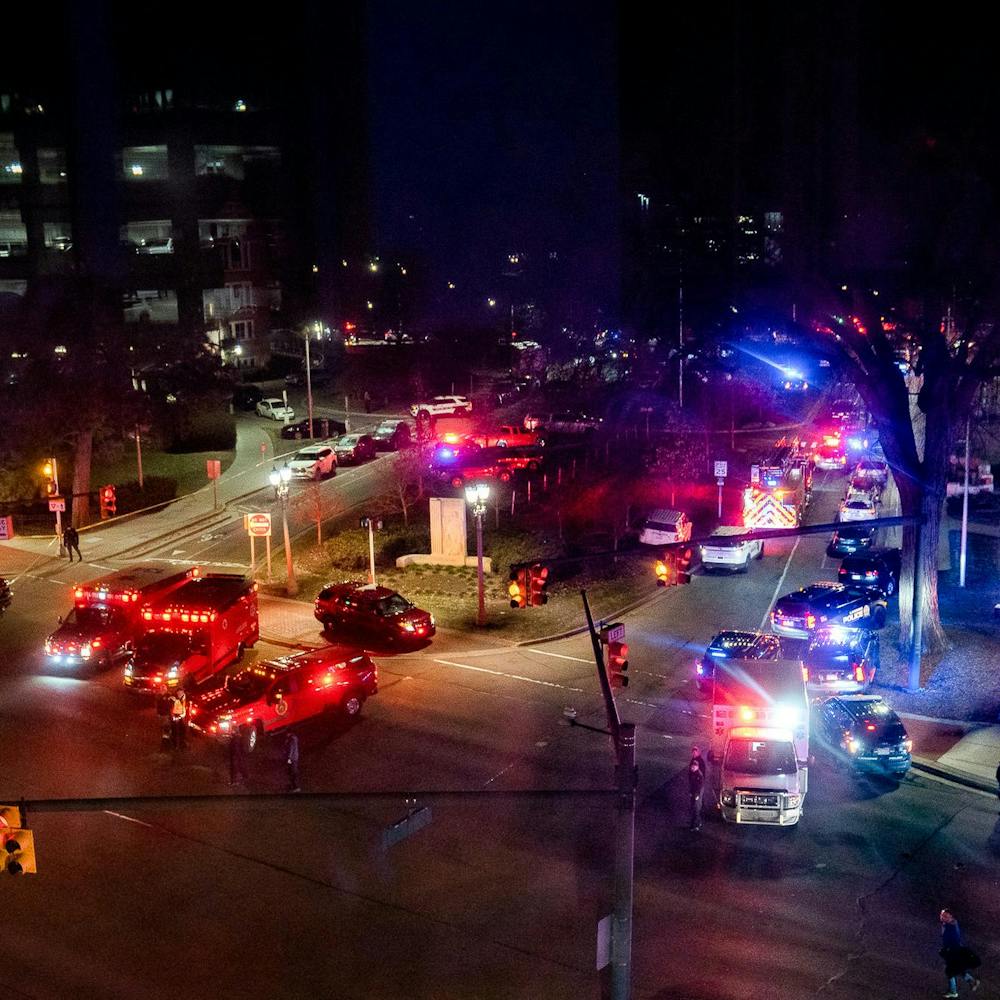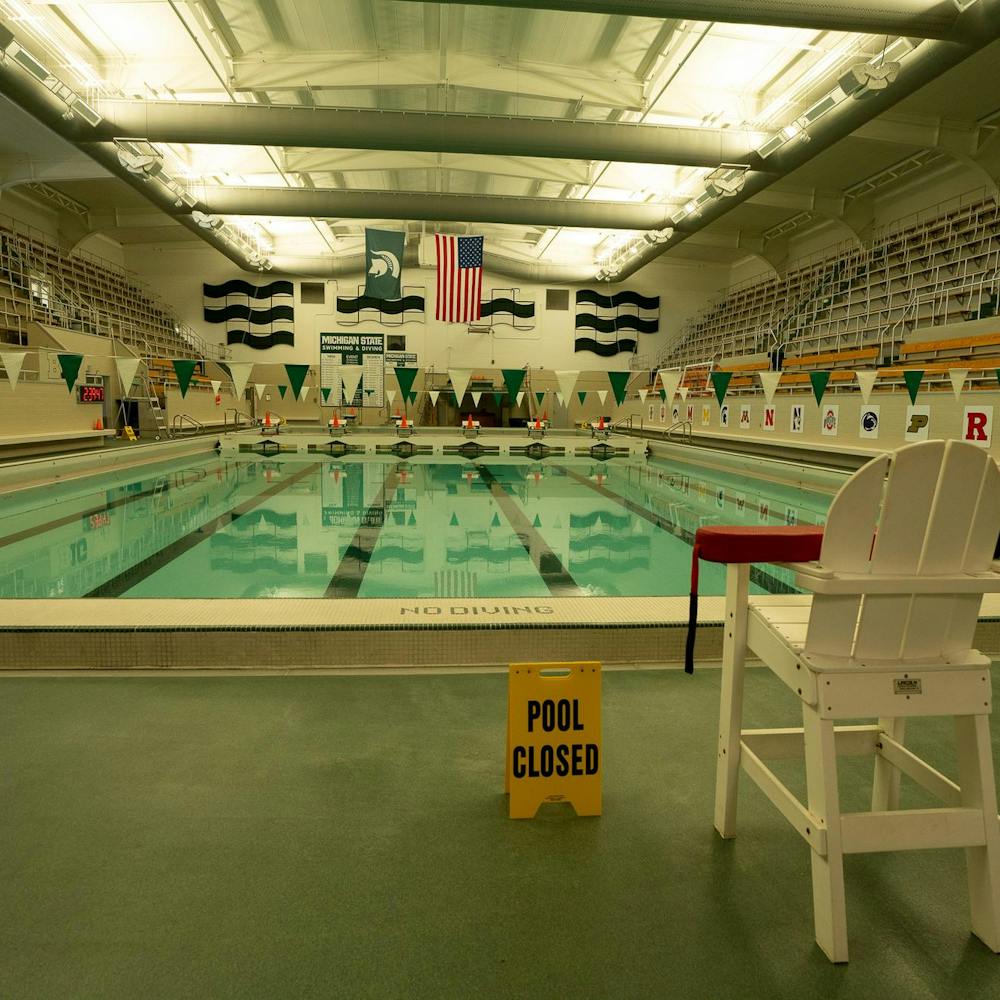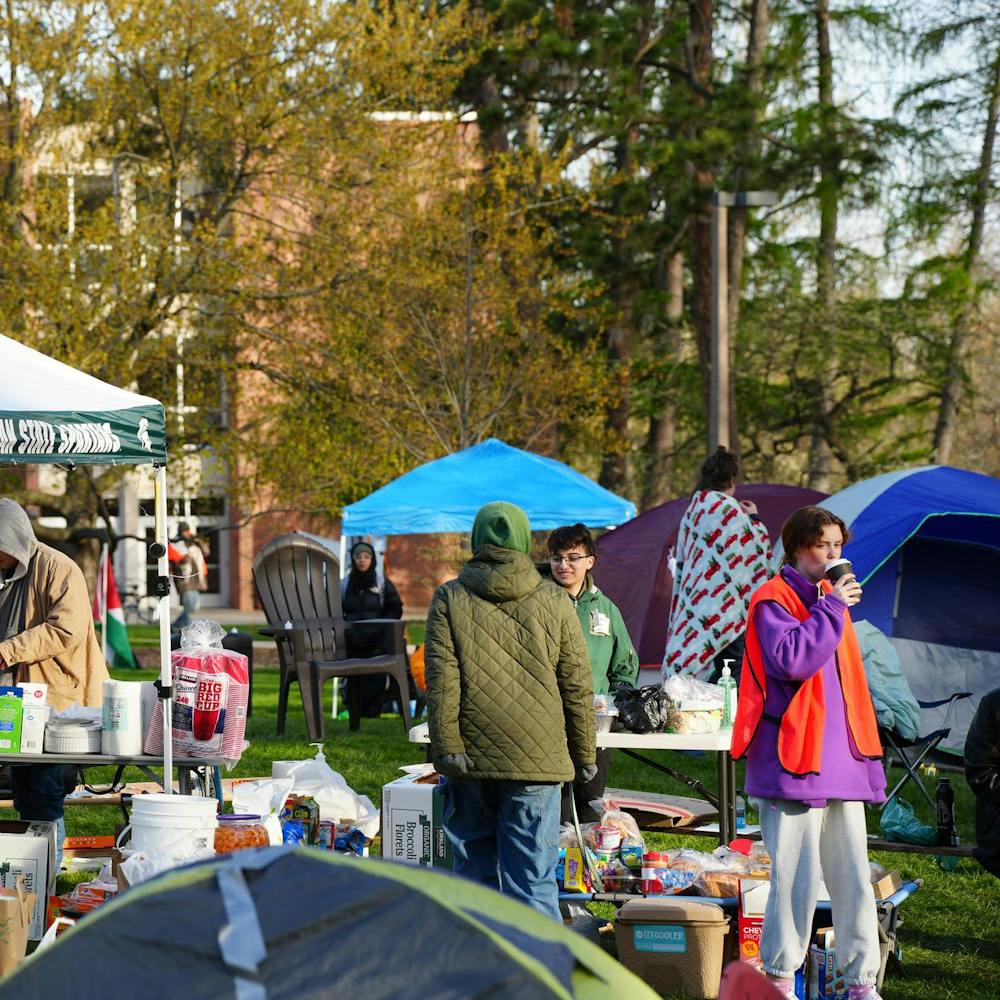A proposed casino in downtown Lansing continues to face hurdles in its approved construction, following a letter from the Michigan Department of Attorney General to the federal government opposing its development.
The letter, signed by S. Peter Manning, chief of the division of environment, natural resources and agriculture, and addressed to the Department of the Interior, states that opening the casino is a violation of both state and federal law.
Further action to develop the casino — which would be owned and operated by the off . Marie Tribe of Chippewa Indians — also could have legal consequences for the state of Michigan, Manning said.
“We will take whatever steps are necessary to preclude the opening and operation of a casino,” Manning said in the letter, which was dated May 11 and made public late last week.
Manning said the concerns of legality stem from the casino being off the Sault Tribe reservation, which is located in northern Michigan. The federal Indian Gaming Regulatory Act states that tribes “have the exclusive right to regulate gaming activity on Indian lands.”
The tribe can apply to the Department of the Interior for legal use of nonreservation lands.
The casino, estimated to cost $245 million, would be located on city-owned land near the Lansing Center, 333 E. Michigan Ave., The Sault Tribe is working with the City of Lansing and development group Lansing Future LLC, to develop the casino adjacent to the Lansing Center.
Revenue from the casino would go back toward tribal programs and services as well as instituting a Lansing Promise Scholarship for graduates of the Lansing School District.
Lansing Mayor Virg Bernero said the casino will bring in more than 2,000 jobs during construction and operation, and said he disagrees with the attorney general’s views.
“We will continue to vigorously pursue our plans to establish a casino in Lansing, which will brings millions of dollars in new investment and thousands of new jobs to the region,” he said.
Joe Eitrem, tribal chairman for the Sault Ste. Marie Tribe of Chippewa Indians, also issued a response statement after Manning’s letter was released.
“We are confident that our proposal is authorized by law and will survive any such challenge,” he said.
The attorney general’s letter is a roadblock to the casino’s opening, which requires support from the tribe, city and federal government before development gets under way.
Members of the Sault Tribe voted in a referendum earlier this month to approve the casino, following the tribe’s Board of Directors’ approval vote of development in January.
The Lansing City Council also approved plans for the casino in March.
But the casino still requires approval from the Department of Interior before it can proceed.
Gov. Rick Snyder also has expressed opposition to the casino’s construction off-reservation, saying he does not believe it is legal.
Support student media!
Please consider donating to The State News and help fund the future of journalism.
Discussion
Share and discuss “Proposed Lansing casino meets roadblocks” on social media.







